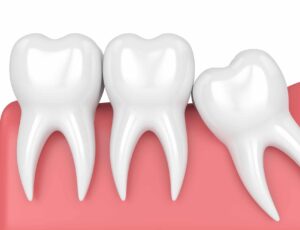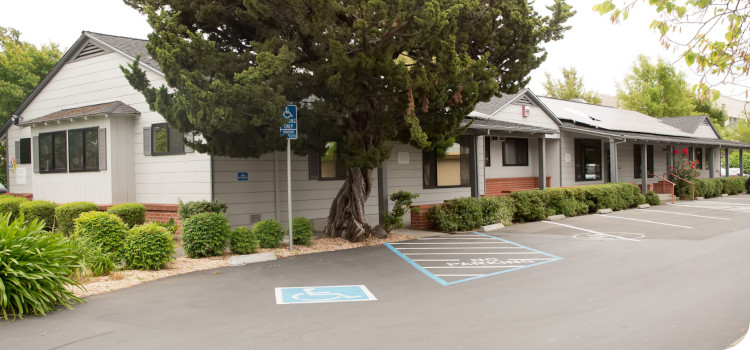 If your wisdom teeth, or third molars, become impacted when they try to erupt along your dental ridge, then extracting them might be the only recourse for saving your smile from the consequences. If you do need wisdom tooth extraction, then you may have several questions about the procedure and what it could mean for your oral health. For example, if you know about tooth loss, then you may realize that many extracted teeth should be replaced, and wonder what’s the best option for replacing them. Fortunately, unlike most other teeth, extracting wisdom teeth doesn’t typically require that you replace them afterward.
If your wisdom teeth, or third molars, become impacted when they try to erupt along your dental ridge, then extracting them might be the only recourse for saving your smile from the consequences. If you do need wisdom tooth extraction, then you may have several questions about the procedure and what it could mean for your oral health. For example, if you know about tooth loss, then you may realize that many extracted teeth should be replaced, and wonder what’s the best option for replacing them. Fortunately, unlike most other teeth, extracting wisdom teeth doesn’t typically require that you replace them afterward.
Why most extracted teeth should be replaced
No matter what type of tooth it is, tooth extraction is only recommended when it’s absolutely necessary, including when it comes to your wisdom teeth. However, with other teeth, the need to remove the tooth structure can stem from several different concerns, such as severe infection and erosion of the tooth’s structure, or extreme damage to the tooth’s crown and/or root. Extracting the tooth may be necessary, but the tooth’s place in your oral health and bite function will need to be filled to restore your smile. Because of this, tooth extraction is often followed by tooth replacement, preferably with a dental implant restoration that restores both the root and crown of your extracted tooth.
Why wisdom teeth are different
The difference between third molars and your other healthy, natural teeth is that your third set of molars isn’t necessary for your bite to function properly. In fact, the reason many wisdom teeth become impacted is because the adult dental ridge where they try to erupt is already full of teeth. Therefore, if a third molar becomes impacted and a risk to your other teeth, then extracting it may be all that’s necessary to prevent oral health concerns and ensure your continued good oral health and bite function.
The need for wisdom tooth extraction
Though third molars aren’t essential to your proper bite function and balance, many people still develop them despite the lack of room on their dental ridges. Wisdom teeth don’t always cause problems, and you may develop a full set of them without any complication. For some people, they may never develop at all. However, if you do develop wisdom teeth, your oral health specialist can keep a close eye on their development to determine if they may become problematic in time. If appropriate, you may benefit from extracting your wisdom teeth before they have a chance to threaten the rest of your oral health.
Learn if your wisdom teeth need extraction
If your impacted wisdom teeth need to be extracted, the good news is that you won’t need to replace them to restore your smile. To learn more, or to schedule a consultation, call Santa Rosa Oral Surgery in Santa Rosa, CA, today at 707-545-4625.

